Victorian Bar shouldn’t be entering political debate on the Indigenous voice to parliament
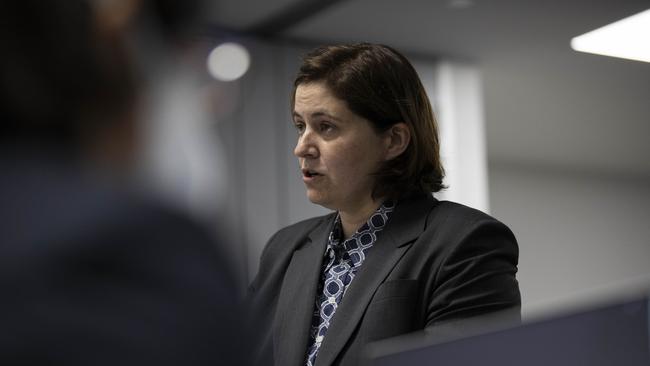
But it is the four words “and the executive government” contained in section 129(2) of the government’s proposed constitutional amendment, which it will take to the Australian people in the form of a referendum later this year, that many lawyers, especially barristers at the Victorian Bar, are struggling to agree on.
The Victorian Bar is a member association comprising more than 2200 barristers. It has a long and proud history. It has a long and proud history having produced governor generals, state governors, High Court judges, prime ministers, many of Australia greatest jurists and leading silks, politicians at all levels of government and of all political persuasions, philanthropists, champions of human rights, authors, musicians, Olympians, AFL players and community leaders. Three current members of the House of Representatives are members of the Victorian Bar – the Attorney General Mark Dreyfus, Adam Bandt and Keith Wolahan. The Victorian Bar has, and continues to attract, the best and brightest lawyers from all backgrounds who choose to practise law as independent advocates. Its membership is an impressively talented and diverse group of people.
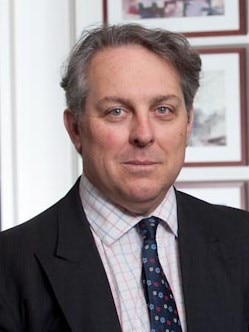
About three weeks ago, the Bar Council of the Victorian Bar (its governing body) received a petition signed by about 300 member barristers, urging it to issue a public statement saying Yes in support of the government’s proposed referendum question. In response, many barristers have argued that while barristers, like any other member of the community, are entitled to express their views on the referendum, the Victorian Bar should refrain from making any statement at all.
Last week, two notices calling for special general meetings of the Victorian Bar’s membership were delivered to the Bar Council: one from members seeking a resolution for the Bar to say nothing and the other from members pressing the Bar Council to publicly say Yes. Collateral commentary by barristers in the media, around chambers and in various closed barrister chat groups has been escalating in hostility. The recent personal criticisms in the media of the president and vice-president by both identified and unidentified members of the Bar have been gratuitous and disappointing. In an attempt to reconcile the position between the warring tribes and with a view towards informing the Bar’s response, on Tuesday the Bar Council resolved to convene an online poll enabling members to confidentially vote on the two proposed special general meeting resolution questions.
Other than avoiding what could well end up being a heated open meeting among its members, the proposed online poll won’t really achieve any meaningful outcome other than to reveal that the Victorian Bar is no different to the rest of the Australian population in what is becoming an increasingly divided nation over the referendum question in its current form. Unsurprisingly, barristers in Victoria and throughout Australia have differing views on the voice ranging from Yes to No and somewhere between.
There are two good reasons the Victorian Bar should refrain from entering the political debate concerning the voice.
First, if the Victorian Bar, as an institution, were to declare publicly its support for a Yes vote to the referendum question, such a declaration would be misleading in so far as it would purport to represent a mostly uniform view of its membership and would be therefore pointless.
On April 12, the NSW Bar Association publicly declared its support for the Yes case to the referendum, having unanimously decided on this position at its meeting on April 6. No survey of members was conducted before making that statement, and numerous members of the NSW Bar since have expressed publicly their disagreement with this stance. The timing of the NSW Bar Association’s statement is difficult to comprehend. In April, parliament’s Joint Select Committee on the Aboriginal and Torres Strait Islander Referendum was receiving submissions from the public as to the proposed constitutional alteration. The closing date for submissions was April 21.
Among the many submissions provided to the joint select committee by prominent and interested Australians and published on its website was a submission from David Jackson KC dated April 11, which advanced a powerful argument for the No case. Jackson (a member of the NSW Bar) is arguably the finest constitutional law silk in this country since Sir Maurice Byers. Given the timing of its announcement, the NSW Bar did not afford itself the opportunity to consider and address Jackson’s submission and other submissions to the joint select committee. Here, it is not clear why the NSW Bar seemed to be in such a rush to say Yes.
In contrast, the leadership of the Queensland Bar on May 2 was unanimous in reaching the decision that it would not be making any statement on the merits of the government’s proposal in respect of the voice. Likewise, to date, the Australian Bar Association (the nation’s peak association for barristers) also has refrained from making any statement and is likely to maintain this position.
Disagreement throughout the legal profession is as wide as it is substantive. Former High Court justices Ken Hayne (Yes) and Ian Callinan (No) disagree, as do prominent legal family members as is evidenced by the recent disagreement between Tom Brennan SC (Yes) and Father Frank Brennan (No). Even among Indigenous leaders there is a sharp divide with Noel Pearson and Marcia Langton arguing for Yes, and Nyunggai Warren Mundine and Senator Jacinta Price saying No.
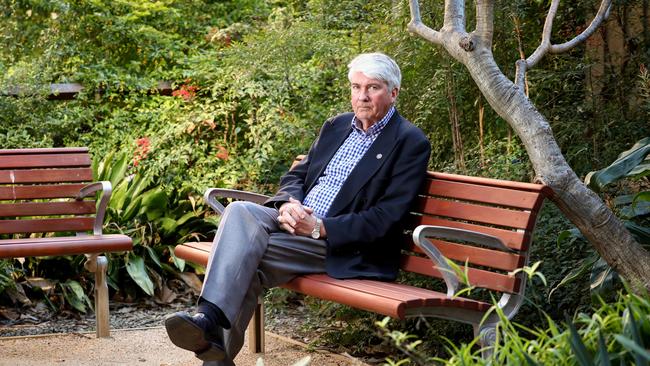
Recently, following the announcement of a new team to be based in Tasmania and federal government support being offered for a new stadium in Hobart, the AFL has requested all of its constituent clubs to revert to it this week indicating whether each club will publicly support the Yes position in the forthcoming referendum on the voice.
Against this backdrop, any statement by any member organisation purporting to take a position on the voice, Yes or No, whether it be the Victorian Bar or an AFL club, is just meaningless.
Second, for the Victorian Bar to enter the political arena and make a statement in support of the government’s proposed constitutional amendment, it risks devaluing the currency of its own independent voice, which has impartially served the public interest on matters concerning the rule of law and proper administration of justice since 1884.
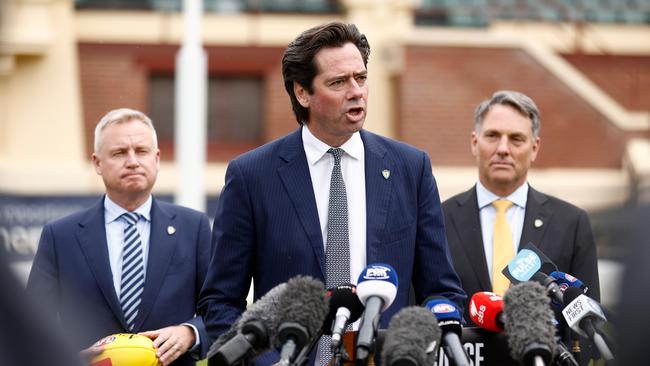
Conventionally, the Victorian Bar (and other bar associations) has stayed out of political debate and only challenge governments where the rule of law, the proper administration of justice, or the interests of their members practising law at the independent bar is at risk. When the Bar makes statements in these areas in the public interest, it usually enjoys wide support among its members.
An example of this is the Victorian Bar’s recent and proper stance strongly objecting to aspects of the Victorian government’s Human Source Management Bill 2023, which seeks to legislate for the highly unsatisfactory outcome of allowing lawyers to be used as police sources to inform on their clients, notwithstanding the strict duty of confidentiality which exists between lawyer and client.
The proposed referendum on the voice is a different issue. It involves a ballot box and the people of Australia deciding our constitutional and political future. It is a political exercise. For a member organisation to advance a settled position on a political issue to be determined at the ballot box such as the voice (despite there being likely disagreement among its membership) is no different to weighing in on a debate as to Australia becoming a republic or the next federal election. The purpose of any such statement if made is plainly to influence the minds of voters come poll day.
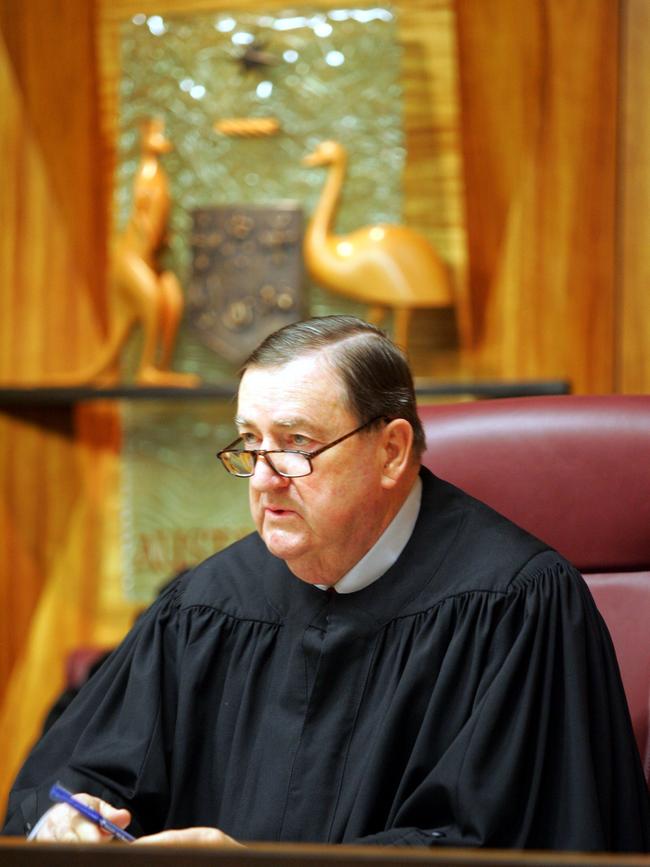
What next? Bar associations and football clubs telling their members and the wider public who to vote for at the next federal election? Any statement of the Victorian Bar in support of the proposed constitutional amendment would be an unconventional overreach that trespasses into the political arena and risks damaging its hard-won reputation as a trusted and independent voice when speaking out on important rule of law and administration of justice issues earned over more than a century by our predecessors.
The national conversation on the voice is timely and important. At the end of the day, each of us has a single vote on the voice at the ballot box. A barrister’s vote is worth as much as a barista’s. There will be a large number of opinions advanced in the coming months from a variety of individuals arguing for both the Yes and No cases. Hopefully the discussion will be sincere and respectful. Many of these individuals advancing opinions for either case will make good points. Listen to them, evaluate them, make of them what you wish. But when it comes to member organisations, whether they be Bar associations or AFL clubs, Australians would do well to ignore them, or at the very least take on board what they say with a grain of salt.
Paul Hayes KC is a member of the Victorian Bar.

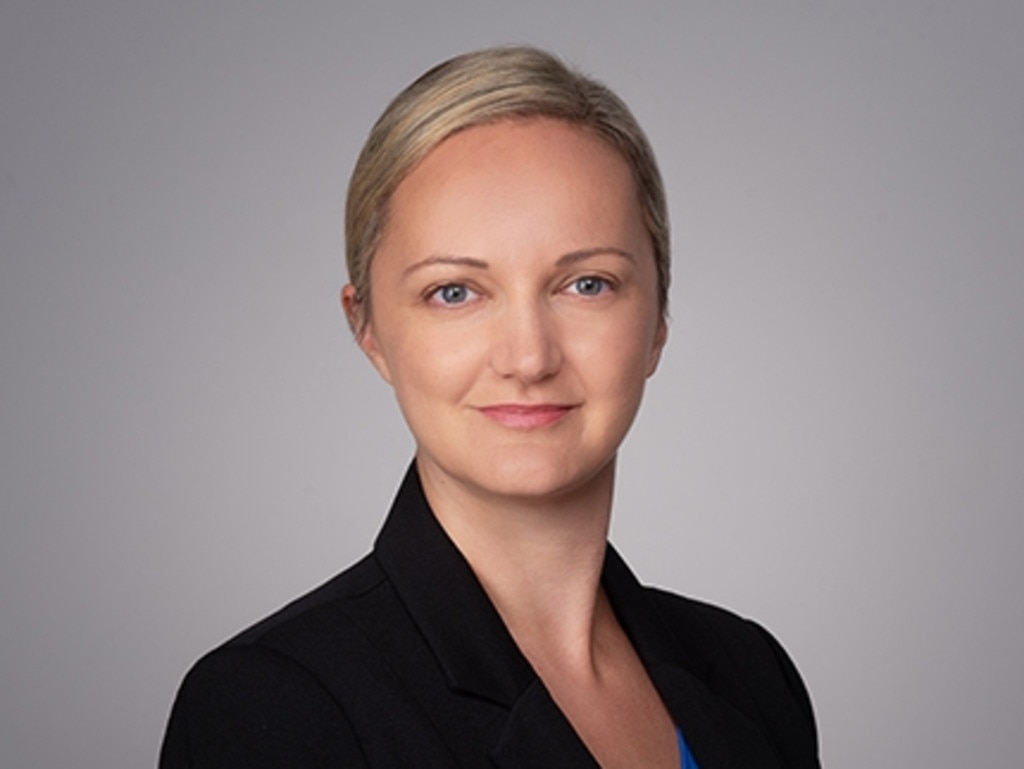

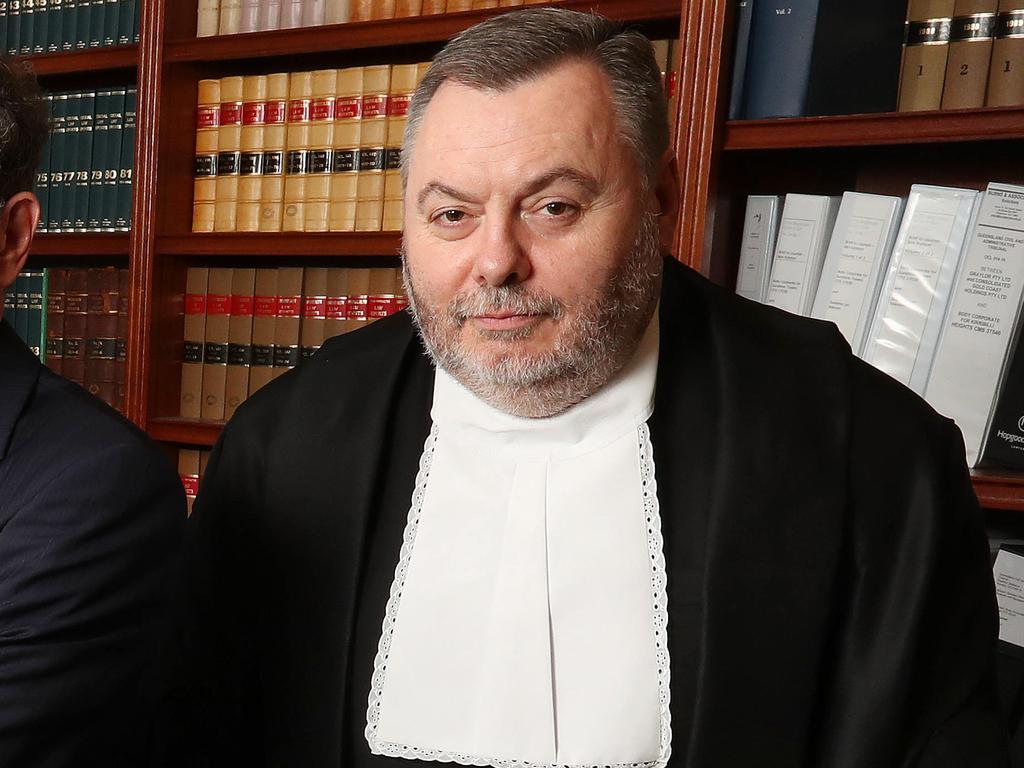
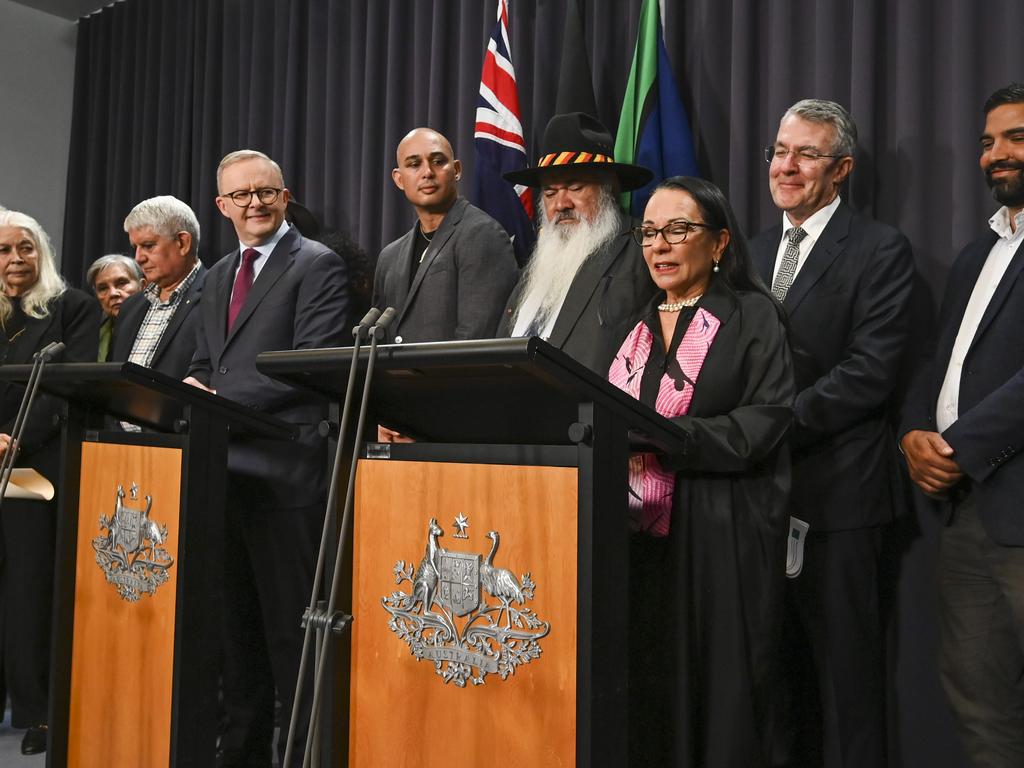


Very few lawyers would disagree with an amendment to our Constitution that recognises Australia’s Indigenous people in the preamble. Many, quite possibly most, lawyers would agree with the concept of Indigenous Australians having a voice to parliament.